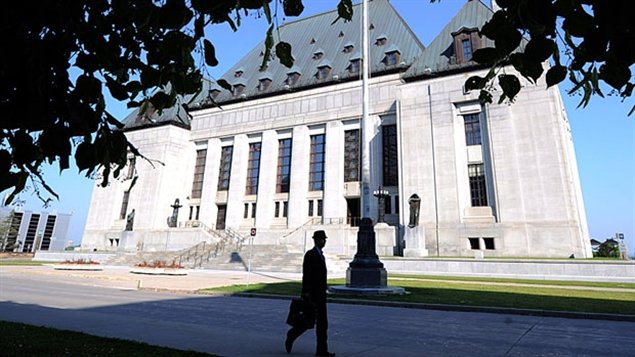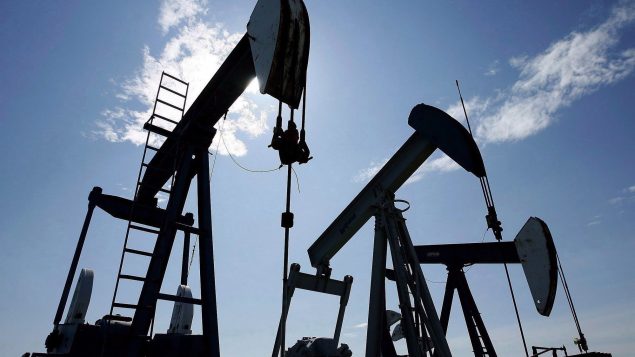Canada’s highest court has ruled that bankrupt energy companies cannot abandon their responsibility to clean up old oil and natural gas wells.
The Supreme Court of Canada’s 5-2 decision released Thursday overturns a decision by the Alberta Court of Appeal that in turn had upheld a 2016 ruling in the Alberta Court of Queen’s Bench.
These rulings by the lower courts had effectively allowed a bankruptcy trustee to abandon unprofitable or spent wells owned by an insolvent energy company to pay off creditors with proceeds from the sale of profitable and viable wells when the company’s assets were sold off.
The Supreme Court ruled Thursday that the bankruptcy trustee, Grant Thornton Ltd., cannot walk away from its end-of-life obligations to render abandoned wells environmentally safe.
“Bankruptcy is not a licence to ignore rules, and insolvency professionals are bound by and must comply with valid provincial laws during bankruptcy,” Justice Richard Wagner writing for the majority said in the ruling.
The case revolved around the issues raised by the bankruptcy of Redwater Energy, which owned 127 oil and gas assets — wells, pipelines and facilities — and their corresponding licences.

The Supreme Court of Canada has ruled that bankrupt energy companies cannot abandon their responsibility to clean up old oil and natural gas wells.
(Sean Kilpatrick/THE CANADIAN PRESS)
In mid‑2014, Redwater began to experience financial difficulties. Grant Thornton Ltd. was appointed as its receiver in 2015. At that time, Redwater owed its creditors approximately $5.1 million and had 84 wells, 7 facilities and 36 pipelines, 72 of which were inactive or spent.
When Redwater became insolvent in 2015, its bankruptcy trustee wanted to sell the firm’s valuable wells to repay debt to its creditors and walk away from the non-producing wells — leaving the clean-up to Alberta’s Orphan Well Association (OWA), an organization funded by the energy industry.
Alberta’s provincial energy regulator ordered Grant Thornton to comply with end-of-life requirements to render the abandoned properties environmentally safe.
Grant Thornton did not comply, and filed its own counterclaim that included a challenge to the regulator’s action, citing the paramountcy of federal bankruptcy law over provincial energy and environmental regulations.
The Supreme Court ruled that the provincial regulations are not in conflict with the federal bankruptcy legislation.
Environmental groups welcome the decision
The Pembina Institute, a non-profit Canadian think-tank, welcomed the high court’s decision.
“The Supreme Court of Canada has prioritized paying clean up costs before creditors when extractive companies go bankrupt,” said in a statement Jody McNeil, analyst at the Pembina Institute.
This outcome reinforces the growing understanding that polluters are responsible for their clean up obligations, she added.
“However, the Supreme Court’s decision does not alleviate broader challenges posed by insolvent operations,” McNeil said. “While the Supreme Court’s decision ensures bankrupt companies’ remaining assets first go to clean up, those assets are often insufficient to cover full costs.”
McNeil said Canadian taxpayers are already on the hook for billions to clean up former minining operations including the Faro Mine in the Yukon, the Giant Mine in the Northwest Territories, and numerous mines in B.C.
“Over the last five decades Alberta’s clean up obligations have steadily grown, and now include over 80,000 inactive oil and gas wells, facilities, and pipelines as well as 1.4 trillion litres in fluid oilsands tailings,” McNeil said. “The Government of Alberta officially estimates it will cost $57 billion to cleanup these sites, though there are ongoing concerns about the accuracy of this figure. Conversely, only $1.2 billion is currently held in securities to protect the public.”
With files from CBC News and The Canadian Press







For reasons beyond our control, and for an undetermined period of time, our comment section is now closed. However, our social networks remain open to your contributions.